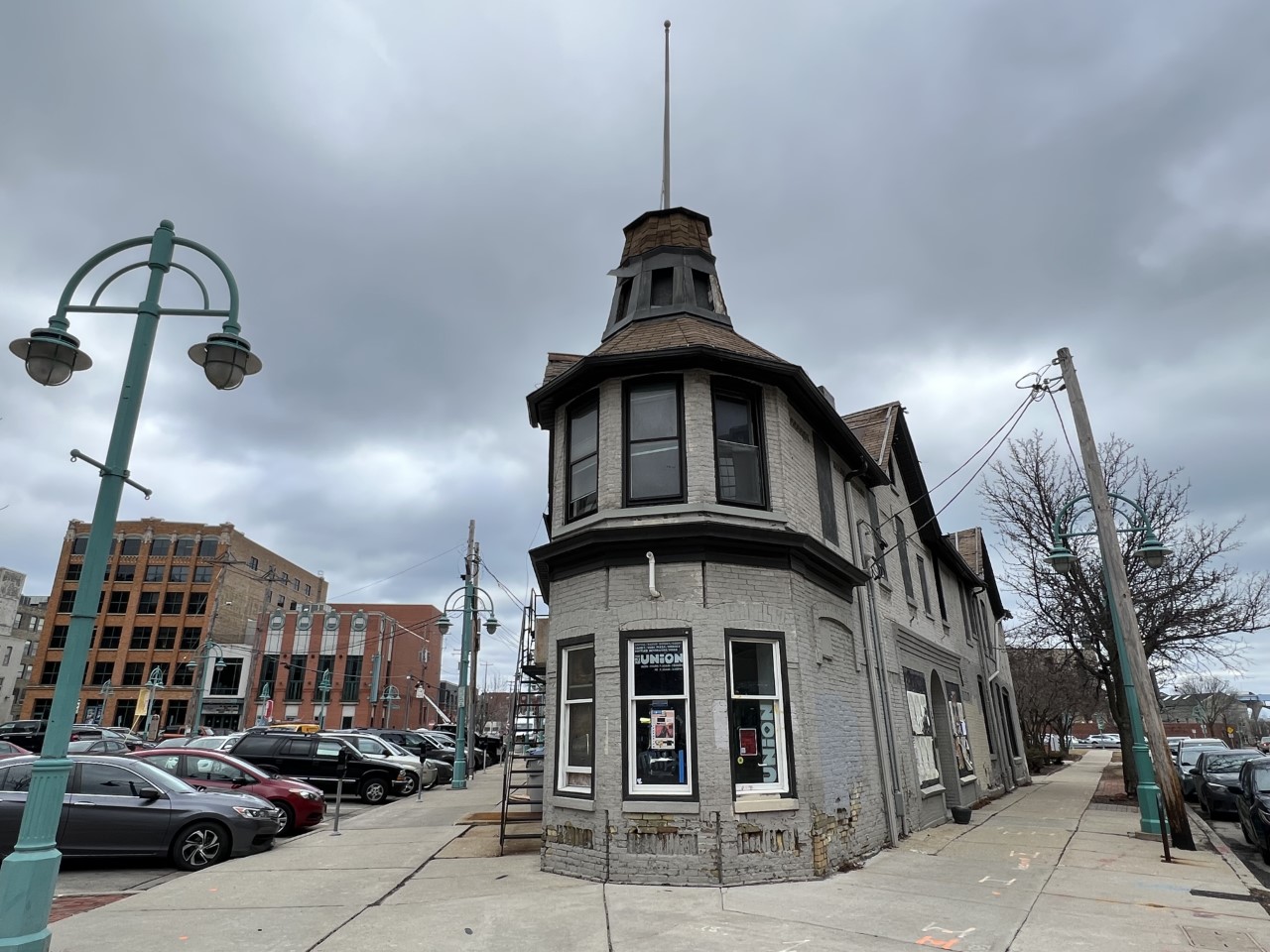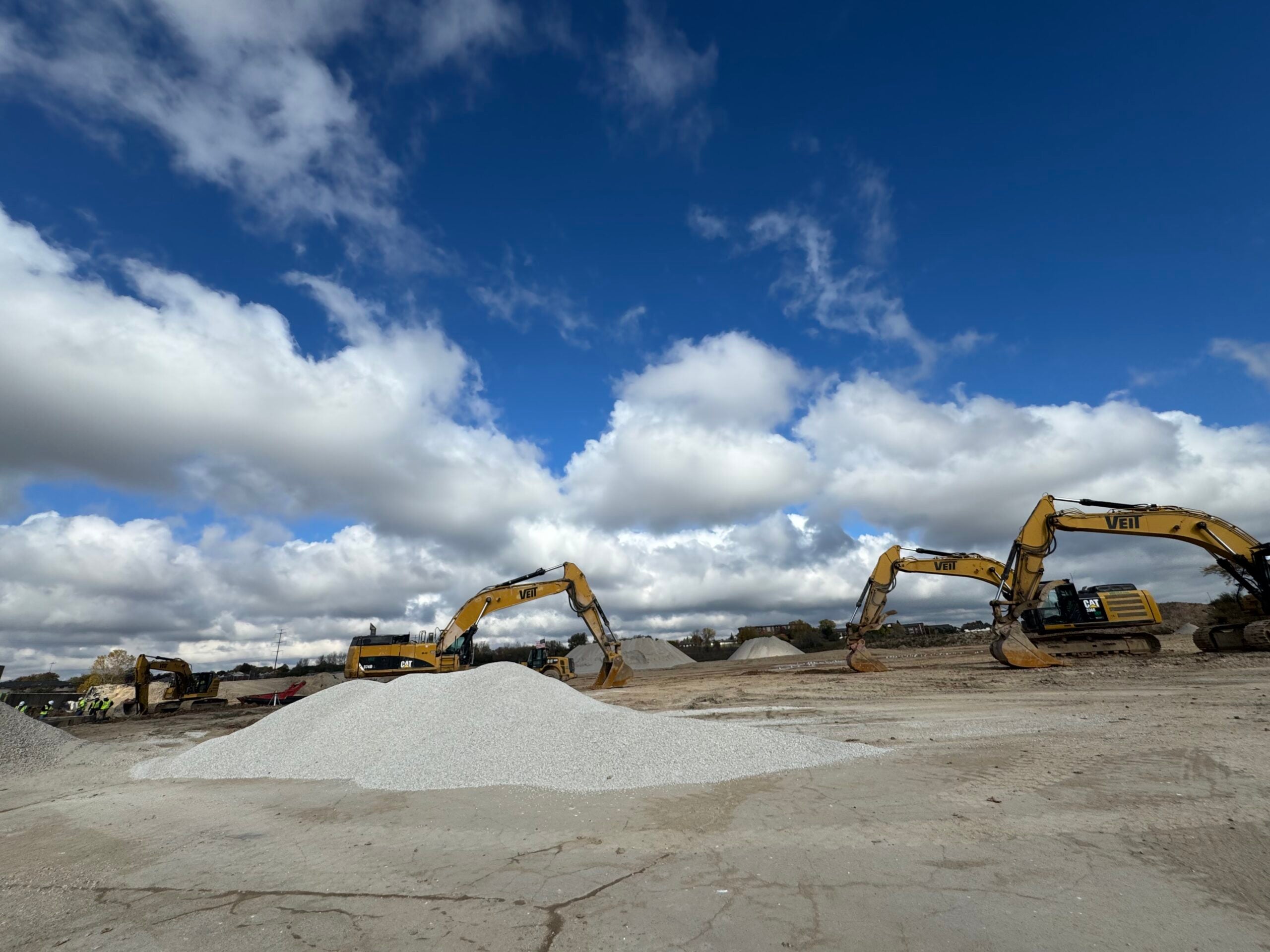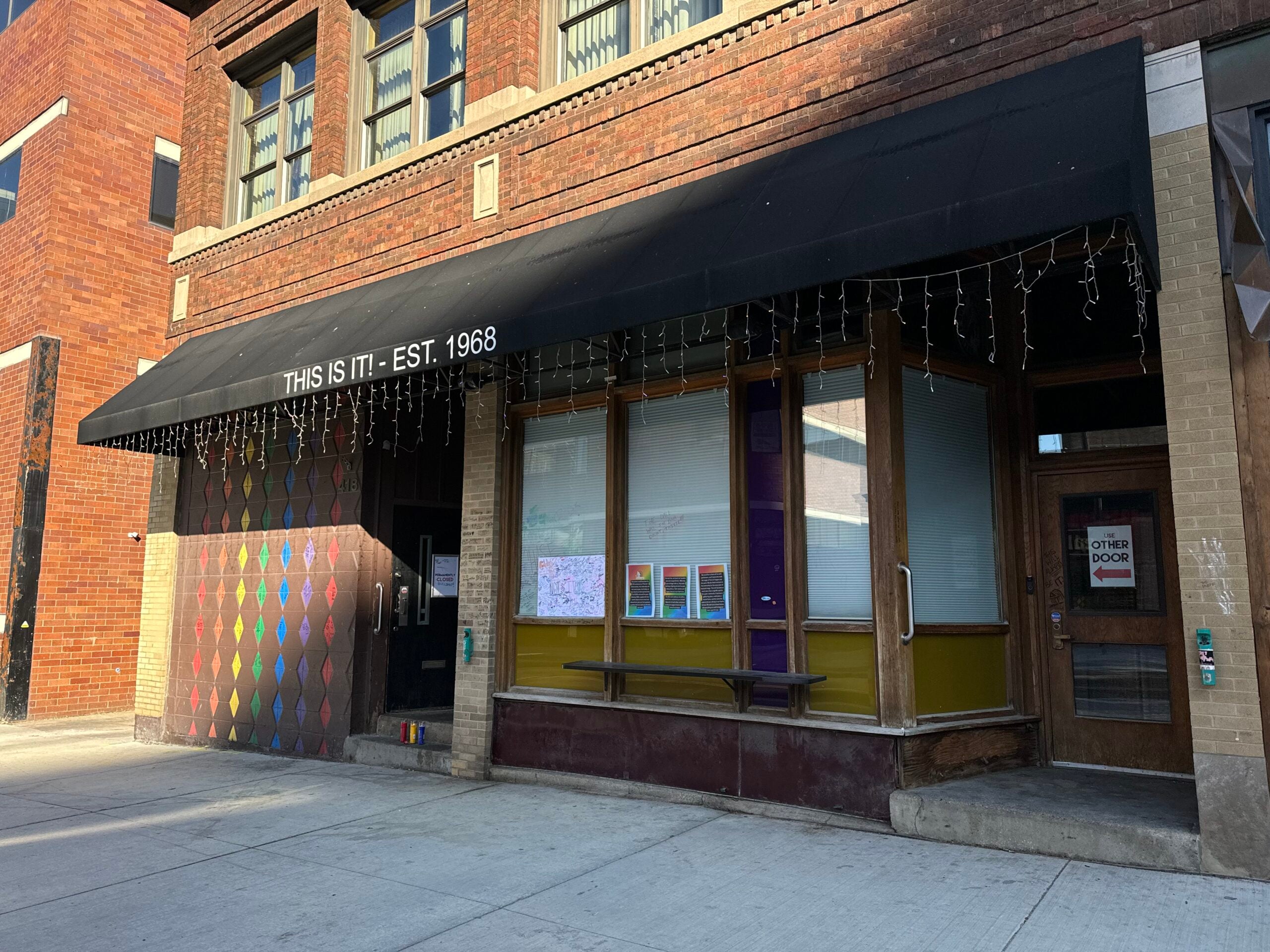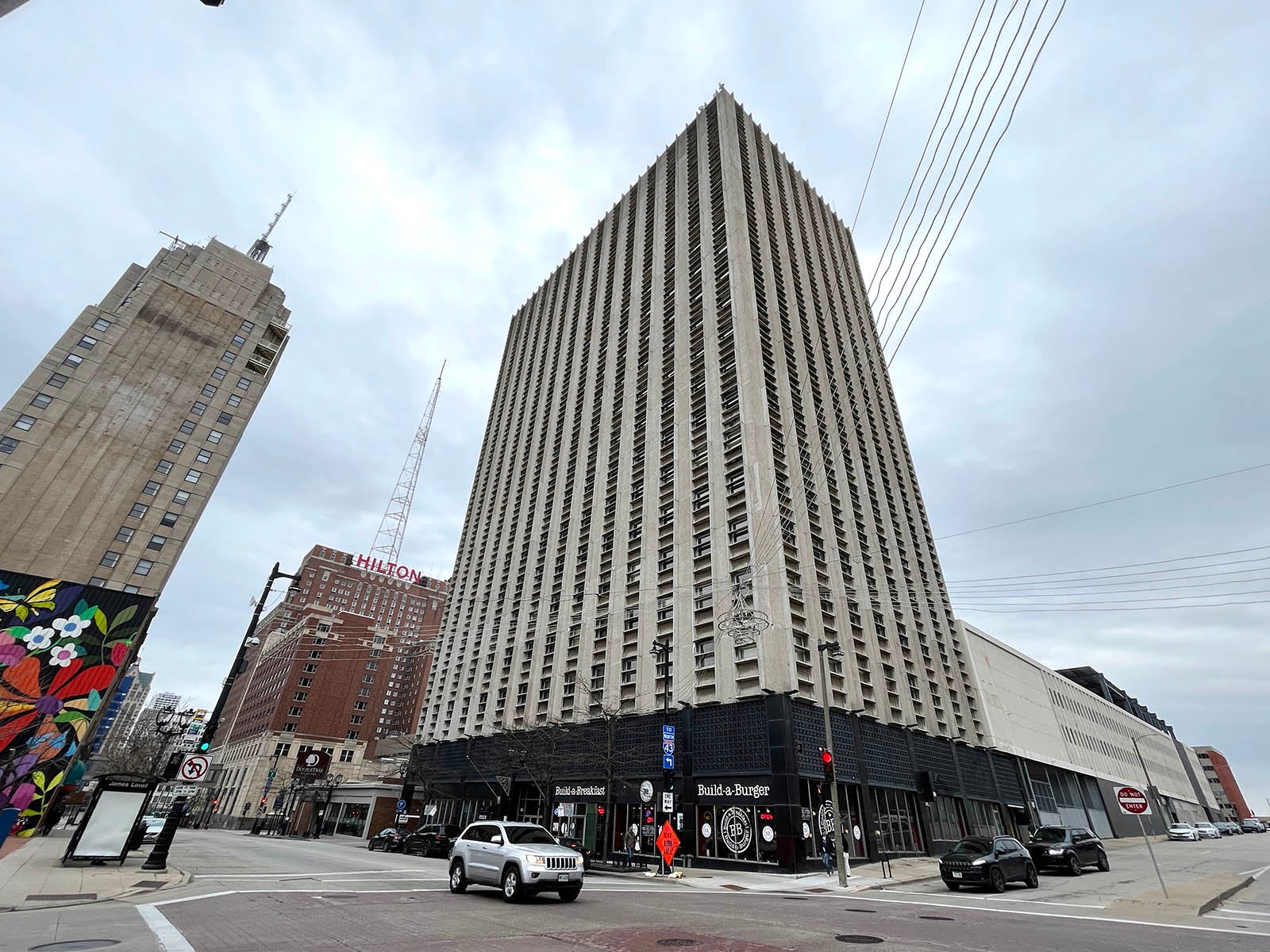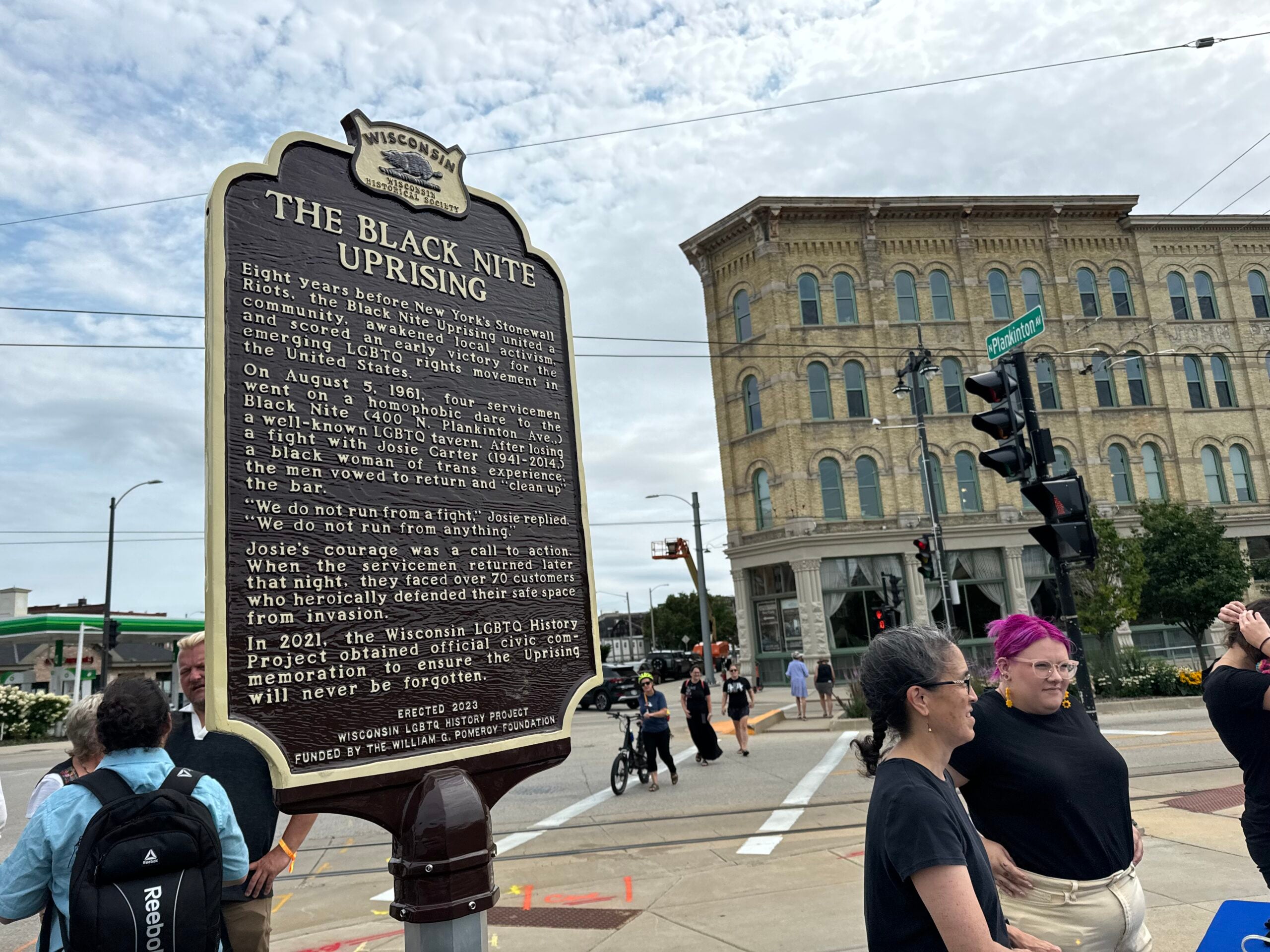A request to demolish a historic Milwaukee building with deep ties to the LGBTQ+ community was rejected by a city commission.
The Milwaukee Historic Preservation Commission voted Monday against demolishing the building, which was built in 1884 and originally operated as a saloon and inn. The building — which suffered a fire and has been uninhabited for the past 10 years — is best known among people interested in the history of the gay rights movement in Wisconsin as the former home of the Wreck Room Saloon, a leather bar at the epicenter of Milwaukee’s LGBTQ+ nightlife in the 1970s and ’80s.
However, developers for the property could appeal the decision to not demolish the building to the Milwaukee Common Council, leaving the fate of the property up to that body.
News with a little more humanity
WPR’s “Wisconsin Today” newsletter keeps you connected to the state you love without feeling overwhelmed. No paywall. No agenda. No corporate filter.
Don Schwamb, founder of the Wisconsin LGBTQ History Project, was a frequent customer of the Wreck Room Saloon. He said he was “pleased” with the vote.
“As a preservationist, I would love to see the building saved,” Schwamb said. “It has an extraordinary history to it.”
“We don’t have many LGBTQ landmarks in the city, or in the state for that matter, and I would love to see this one designated (saved) for all those reasons,” he added.
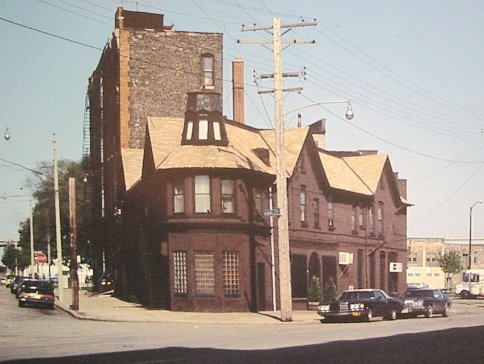
The bar is known for events that brought visibility to Milwaukee’s gay community, including a softball invitational and street fairs.
The property is listed on the National Register of Historic Places. It also received a city of Milwaukee historic designation in 2014.
But it has remained unoccupied since 2013, when fire damaged the building. The roof is in disrepair and graffiti can be seen on its facade. The interior of the property is also heavily damaged.
A staff report recommended denying the demolition request, largely because of the property’s history and because no major repairs have been made on the property in several years.
“There has been no effort by the ownership to preserve or maintain the building,” the report said.
Tim Askin, a historic preservation planner for the city, said because of the lack of repairs on the property, it should not be demolished.
“This appears to be a case of demolition by neglect,” Askin said during the Monday meeting.
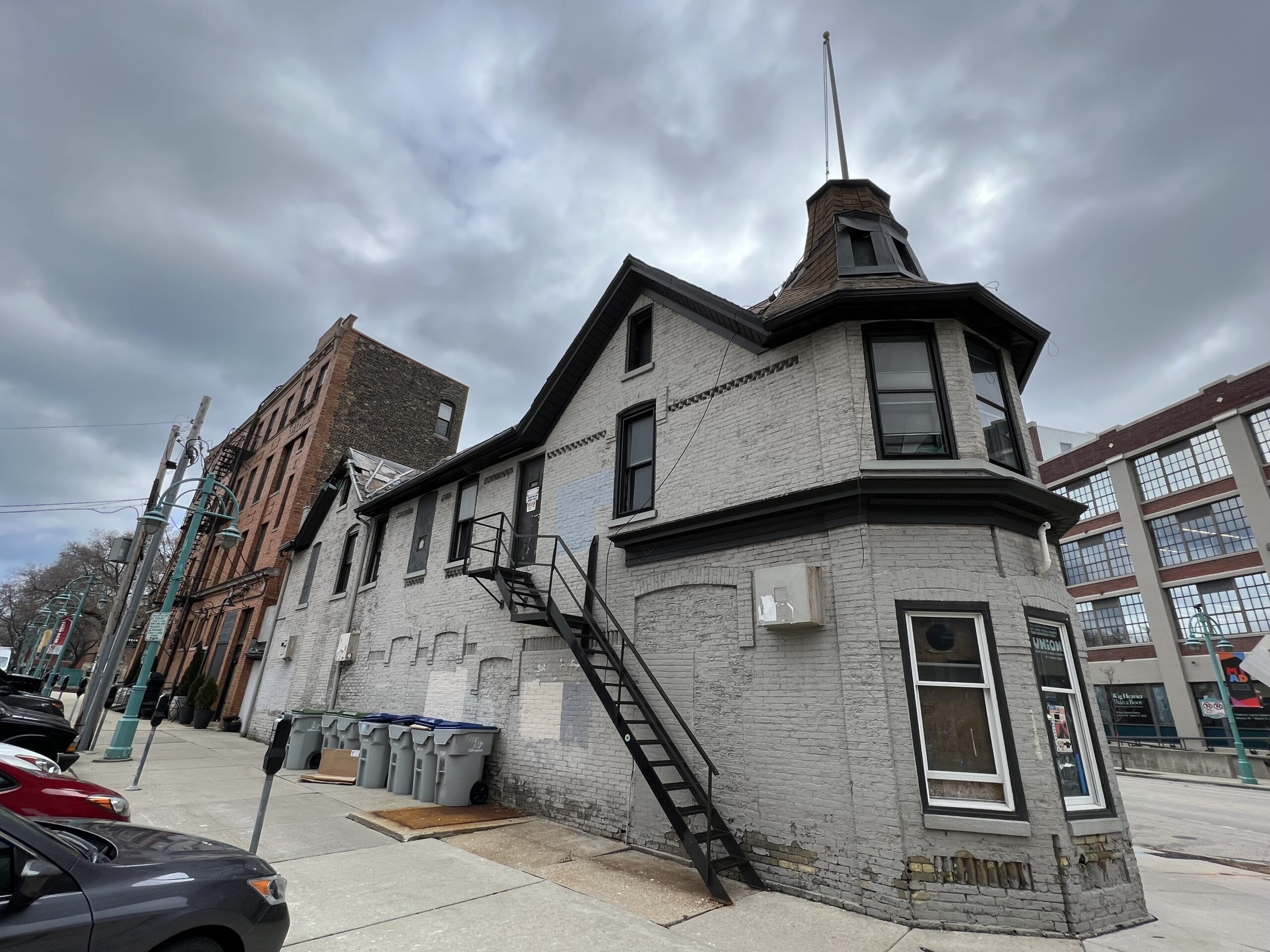
The current developers for the building, Joseph/Gencap Triangle LLC, have explored the possibility of constructing a new building on the site, with ground-floor commercial use.
“Due to the condition of the structure resulting from the excessive foundation settlement and the fire, the only reasonable option is to raze the existing building and construct a new, volumetrically similar structure that is set upon a sound foundation that is architecturally appealing and will contribute to the Third Ward for future generations,” said a letter from Kubala Washatko Architects.
“Any attempt at reconstruction will result in a building that is a facsimile of the current building,” it added.
General Capital Group partner Linda Gorens-Levey said soon after the current developers purchased the building, there was a plan to construct a four-story building in its place. But architects said the building could not be redeveloped or restored.
“We would not be here today unless our team of professionals determined that this (demolition) was the correct course of action,” Gorens-Levy said.
Schwamb said if the building is saved, it could serve as a chamber of commerce for the Third Ward or a history building for the LGBTQ+ community.
The building was built in 1884 and originally operated as a saloon and inn. The Wisconsin LGBTQ History Project, the largest digital collection of historical LGBTQ media, said one of its early owners, Catherine Foley, is believed to be the first single woman to own and operate a tavern in the Third Ward.
When Foley died in 1896, the building was acquired by the Miller Brewery and used as a tied-house tavern for several decades. Tied houses — taverns under contract with a specific brewery to sell that brewery’s products — have a long and storied history in Milwaukee.
The building survived the Third Ware Fire of 1892, which wiped out 16 square blocks and burned 410 buildings, according to the Wisconsin Historical Society.
In 1972, Wayne Bernhagen and his partner Bill Kindt opened the Wreck Room Saloon in the building. It was the city’s first official leather bar when it opened.
Wisconsin Public Radio, © Copyright 2025, Board of Regents of the University of Wisconsin System and Wisconsin Educational Communications Board.

